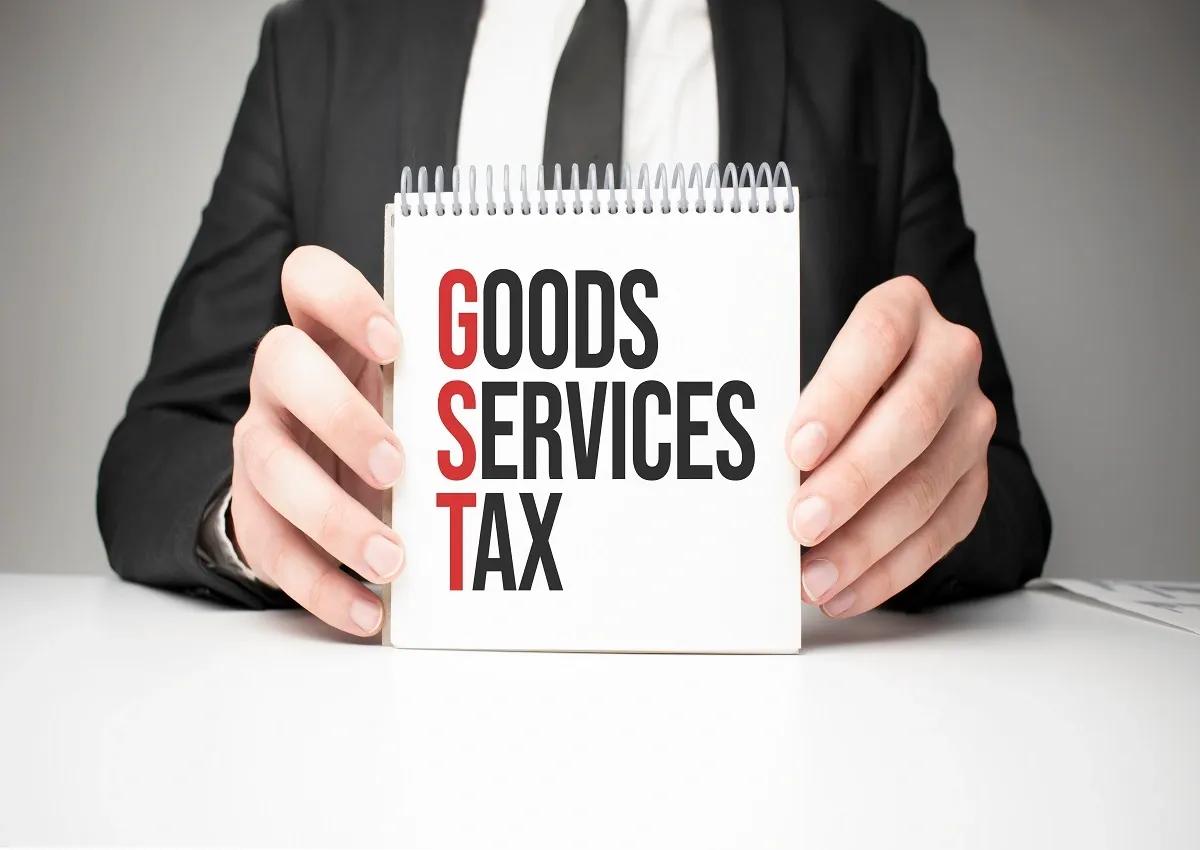Business News
GST Council to meet on September 9; rate rationalisation likely to be discussed

3 min read | Updated on August 13, 2024, 14:28 IST
SUMMARY
The 54th GST Council meeting is scheduled for September 9, 2024. The Council is likely to discuss issues related to rate rationalisation and cases where Indian offices have received services from foreign branches.

The GST Council is the apex decision-making body for the Goods and Services Tax (GST)
The meeting of the 54th GST Council will be held on September 9 in New Delhi, as per an official update shared on social media on Tuesday, August 13.
The GST Council is the apex decision-making body for the Goods and Services Tax (GST), rolled out in 2017, and comprises finance ministers of the Centre and states.
The 53rd GST Council met in New Delhi on June 22 earlier this year under the chairpersonship of Finance Minister Nirmala Sitharaman. Many announcements were made to enable ease of compliance for taxpayers including the new section 11A allowing the government to regularise non-levy or short-levy of GST where taxes were underpaid/unpaid aided by common trade practices.
The Council had also announced numerous GST rate revisions and exemptions for several goods and services such as Extra Neutral Alcohol, solar cookers, services by the Indian Railways, etc.
The upcoming Council may discuss issues related to rate rationalisation (simplifying the GST rate structure), cases where ‘Indian offices have received services from foreign branch offices’ and more, CNBC-TV18 reported citing sources.
The report added that the Group of Ministers (GoMs) is likely to present a status update of the discussions on rate rationalisation under the chairmanship of the previous GoMs and the way ahead.
The meeting will also focus on other important issues including recent notices issued to Infosys and foreign airlines, the report said. Recently, the GST authority issued a tax demand notice to Infosys, citing alleged tax evasion worth ₹32,000 crore. The notice created an uproar, and was subsequently withdrawn.
According to experts, the important thing in the meeting will be how the GST Council decides to deal with the issue related to Indian offices, branch offices and head offices in other countries as well as branch offices in India.
“The common thread of dispute for various sectors is whether the activity would qualify as an import when the transaction is between the branch and its head office. Realistically, the export and import transactions are merely mirror images. As a natural corollary, when the export benefit is denied for transaction between the branch and its head office, the mirror image of Import must also be made applicable so that there is no tax when the services are received in India,” explained Abhishek A Rastogi, founder of Rastogi Chambers and indirect tax expert while talking to CNBC-TV18.
GST collections
According to recent official data released on August 1, the GST collections increased by 10.3% to over ₹1.82 lakh crore in July, majorly driven by domestic goods and services transactions. This is the third-highest collection in a month since GST was introduced.
As the refunds amounted to ₹16,283 crore, the net GST collection in July totaled ₹1.66 lakh crore, depicting a 14.4% growth.
The gross GST revenue reached Rs 1,82,075 crore, including Central GST of ₹32,386 crore, State GST of ₹40,289 crore and Integrated GST of ₹96,447 crore. The total compensation cess collected was ₹12,953 crore. The collections for this fiscal year so far (April-July) have grown to ₹7.39 lakh crore with a 10.2% growth rate.
By signing up you agree to Upstox’s Terms & Conditions
About The Author
Next Story

